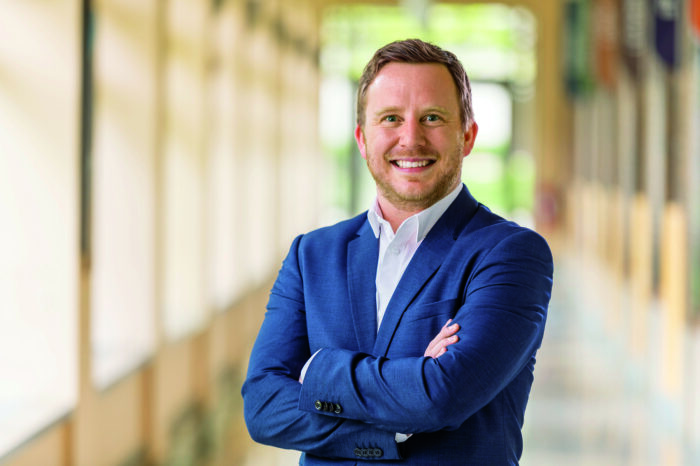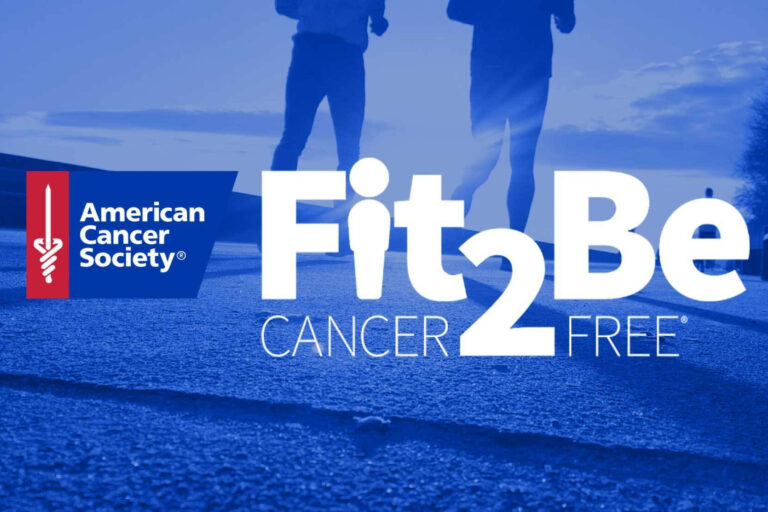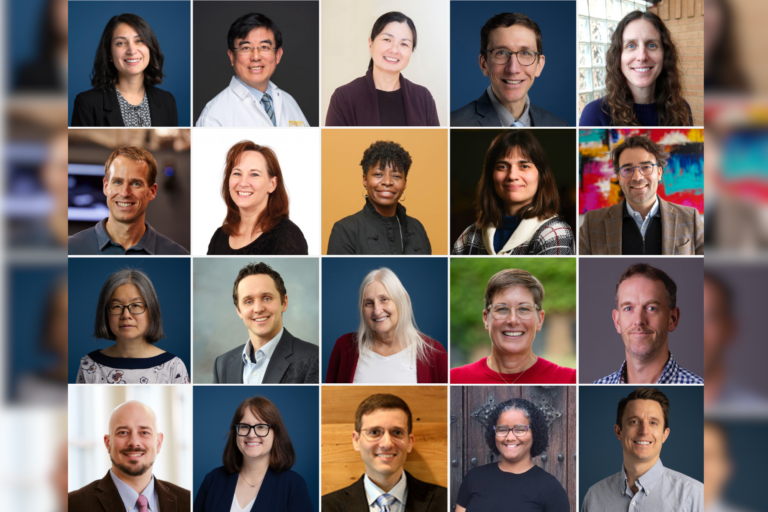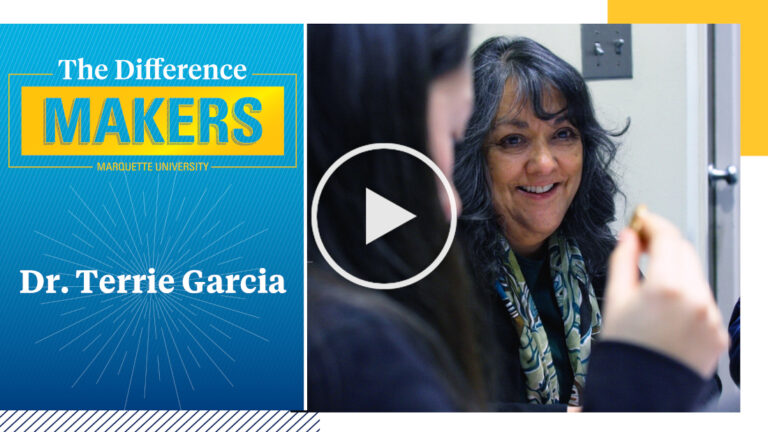By Katie Darragh, communication intern in the Office of University Relations at Marquette University
Aiming to enhance student learning and job preparedness, Marquette’s Innovation Alley has launched a new experiential learning pilot program called The Interchange. The program brings together multidisciplinary student teams sponsored by outside organizational partners to help solve a real-world problem or develop a multidimensional project — and earn a real paycheck in the process.
As the students tackle these practical challenges, they tap into their own classroom knowledge and learn from their teammates from other disciplines, all while honing important workplace skills.
The projects are not tied to any specific academic term or course syllabus — they can last anywhere from a few weeks to a semester or more. The teams are supported by an alumni expert or faculty coach, as well as professional mentors from the partnering organizations who work closely with each team.
Removing barriers

John Knapp, executive director of Innovation Alley, says The Interchange is designed to solve problems through a Catholic, Jesuit lens. “Anything we do should serve the betterment of the whole community,” he emphasizes.
For this reason, The Interchange seeks to eliminate any potential socioeconomic barriers to participation by compensating students fairly at an hourly rate for their work on a project.
Compensation, Knapp explains, also identifies the value of work that students are doing. While participants are getting the chance to sharpen learned skills, participation takes effort and time that deserves to be recognized monetarily.
Additionally, The Interchange opens doors for disciplines that do not often have a chance to teach practical workplace skills, such as managing project timelines, working on multifunctional teams, handling the distribution of responsibilities, dealing with competing perspectives and ensuring quality deliverables.
Early success
By Thanksgiving, The Interchange will have completed three pilot projects — two with the Kohler Company to develop a mobile application to gamify water conservation, and one with the Potawatomi Business Development Corporation to conduct market research on the evolving electric vehicle market.
So far, student participants have been recommended by faculty from the College of Business Administration and Graduate School of Mangement, Diederich College of Communication, Opus College of Engineering, and Klingler College of Arts and Sciences.

Grace Lambertsen, a junior studying writing intensive English and digital media, worked on the two Kohler Co. pilot projects. She says her team’s project was a unique opportunity for her.
“I don’t know what other situation in the classroom would have given me this type of experience,” Lambertsen says. “With classes you’re so used to checking in with the teacher and having a super specific rubric. In this case, there was no such thing as doing the project right.”

Anna Van Dyke, a senior studying psychology and writing intensive English who worked alongside Lambertsen, adds that the uncertainties of the project helped her gain confidence.
“Being able to do this was helpful for me to expand my skills and what I am able to handle. Getting out of my comfort zone and being able to experience something more real is helping me grow,” Van Dyke says.

Computer science senior Alex Alarcon says the experience felt immersive and authentic.
“What was unique was that we were representing Marquette in our work with a true external stakeholder, providing value to all students and our university as a credible institution that fosters well-rounded and competent workers,” Alarcon says. “Having a stakeholder gave us accountability and motivation to produce our best work.”
Lambertsen, Van Dyke and Alarcon encourage students of all disciplines to get involved with The Interchange as opportunities are made available.
“There is so much you can do in a program like this,” Van Dyke says. “There are so many different avenues for different majors and backgrounds to come in and work.”
“The experience, networking and pay was amazing for a student with no work experience,” Alarcon adds.
Knapp says he is excited to see The Interchange evolve: “We are just getting started with this program and we have already learned a lot from our pilots on things we want to tweak moving forward. I’m personally excited to see The Interchange continue to grow and explore how we can connect and engage more students, faculty, alumni and organizational partners in this unique experience.”
For more information on The Interchange or other Innovation Alley programming, email Knapp.



